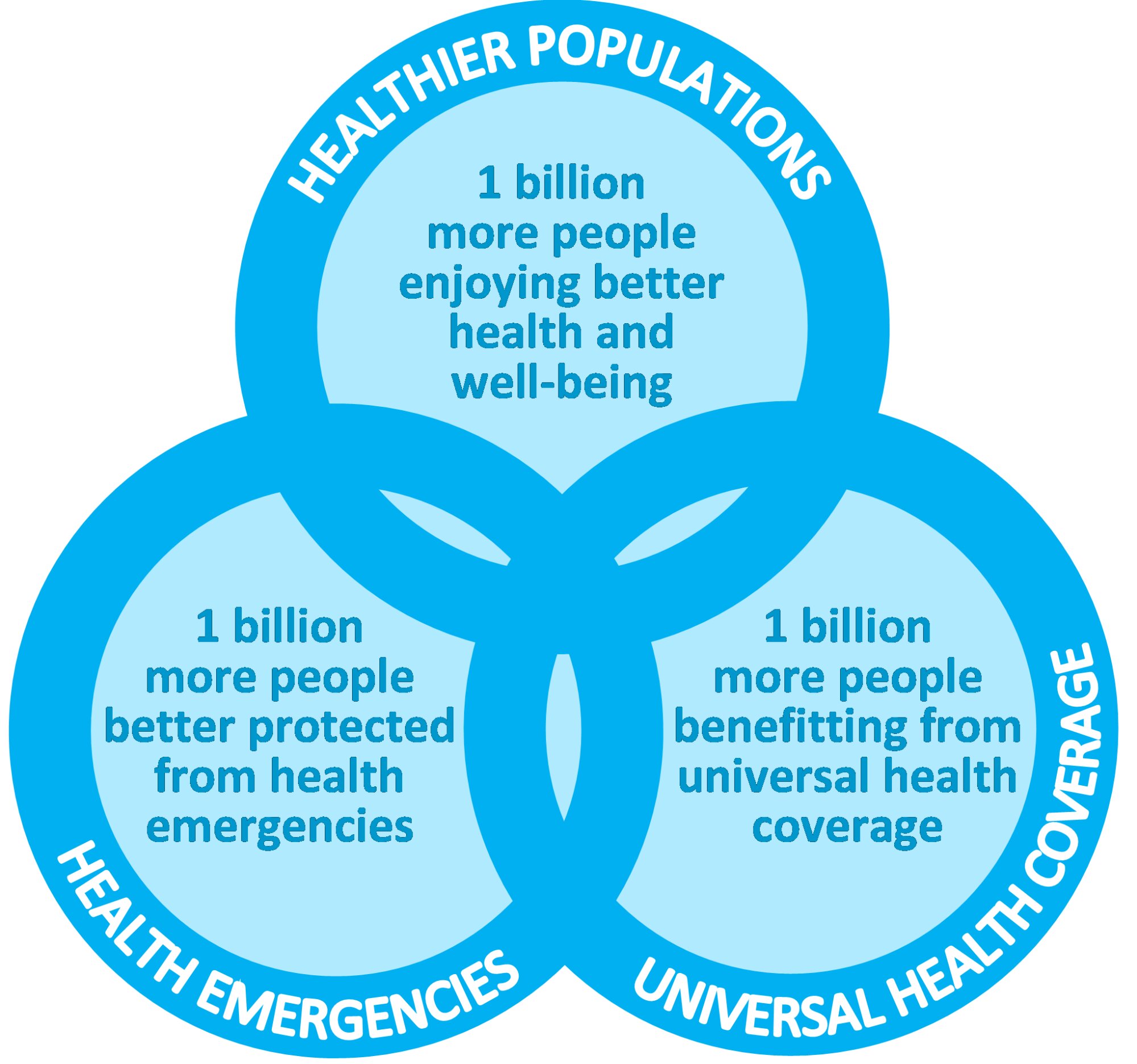Social Justice
WHO for Eliminating Industrially Produced Trans Fats by 2023
- 09 May 2019
- 6 min read
The World Health Organisation (WHO) is working with the International Food and Beverage Alliance (IFBA) to eliminate trans fat from industrially produced global food supply by 2023.
Key points
- The WHO stressed the value of regulatory action on labelling, marketing and urged industry for full adherence to the WHO code of marketing of breast milk substitutes.
- The IFBA committed to limit the amount of industrial trans fat in their products below 2 grams per 100 grams fat/oil globally by 2023.
- Industrially produced trans fat is responsible for more than 5,00,000 deaths globally from coronary heart disease each year. Increased intake of trans fat is associated with increased risk of coronary heart disease mortality and events.
- The WHO recommendation is that people consume less than 1% of their energy from trans fat. This translates to 2.2 grams for a 2,000 calorie diet.
- Elimination of industrially-produced trans fats from the global food supply has been identified as one of the priority targets of WHO’s strategic plan, the draft 13th General
- Programme of Work (GPW13) which will guide the work of WHO in 2019 - 2023.
- WHO also released REPLACE, a step-by-step guide in 2018, for the elimination of industrially-produced trans-fatty acids from the global food supply.
- As part of the U.N.’s Sustainable Development Goals, the global community has committed to reducing premature death from non-communicable diseases by one-third by 2030. Global elimination of industrially-produced trans fats can help achieve this goal.
International Food and Beverage Alliance (IFBA)
- IFBA was founded in 2008 by the CEOs of leading food and non-alcoholic beverage companies to empower consumers to eat balanced diets and live healthier lives, in support of the World Health Organization’s efforts to improve global public health.
13th General Programme of Work
- The WHO 13th General Programme of Work (GPW 13) was adopted by the Member States in May 2018.
- It has three interconnected strategic priorities to ensure healthy lives and well-being for all ages — achieving universal health coverage, addressing health emergencies and promoting healthier populations.
REPLACE
- REPLACE provides six strategic actions to ensure the prompt, complete, and sustained elimination of industrially-produced trans fats from the food supply:
- REview dietary sources of industrially-produced trans fats and the landscape for required policy change.
- Promote the replacement of industrially-produced trans fats with healthier fats and oils.
- Legislate or enact regulatory actions to eliminate industrially-produced trans fats.
- Assess and monitor trans fats content in the food supply and changes in trans fat consumption in the population.
- Create awareness of the negative health impact of trans fats among policymakers, producers, suppliers, and the public.
- Enforce compliance of policies and regulations.
What is India’s position?
- India has set targets to reduce the industrially produced trans fat to less than 2% by the year 2022 in a phased manner, a year ahead of the WHO target.
- To achieve the target, the Food Safety and Standards Authority of India (FSSAI) launched two initiatives: Eat Right Movement and Heart Attack Rewind mass media campaign.
- Eat Right Movement: Launched in 2018, the programme is built on two broad pillars of ‘Eat Healthy’ and ‘Eat Safe’. It aims to cut down on salt, sugar and oil consumption by 30% in three years.
- Swachh Bharat Yatra, a Pan-India cyclothon, was launched under the movement to aware the citizens on issues of food safety, combating food adulteration and healthy diets.
- Heart Attack Rewind: It is a 30-second public service announcement which was broadcasted in 17 languages on social media platforms. The objective of the campaign was to warn citizens about the health hazards of consuming trans fats and offer strategies to avoid them through healthier alternatives.
Food Safety and Standards Authority of India (FSSAI)
- FSSAI has been established under the Food Safety and Standards Act, 2006 which consolidates various acts & orders that have handled food related issues in various Ministries and Departments.
- Ministry of Health & Family Welfare is the administrative Ministry for the implementation of FSSAI.
- FSSAI has been created for laying down science-based standards for articles of food and to regulate their manufacture, storage, distribution, sale, and import to ensure availability of safe and wholesome food for human consumption.








